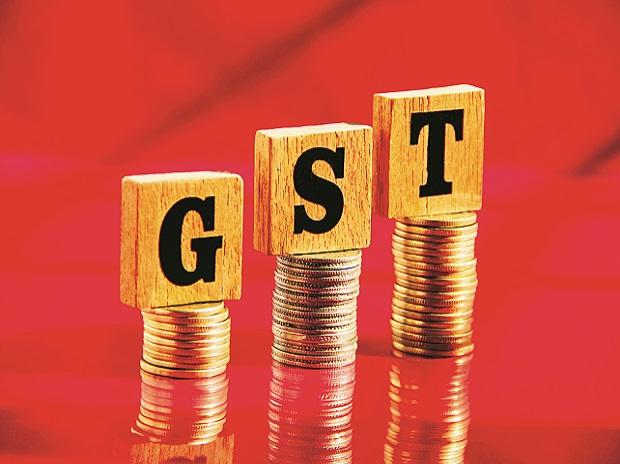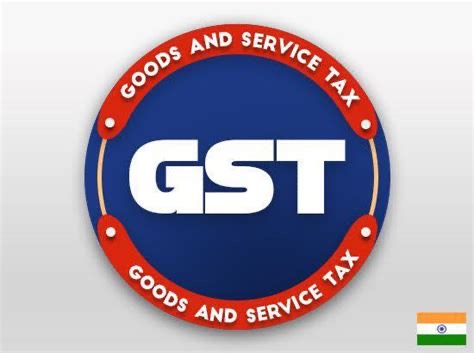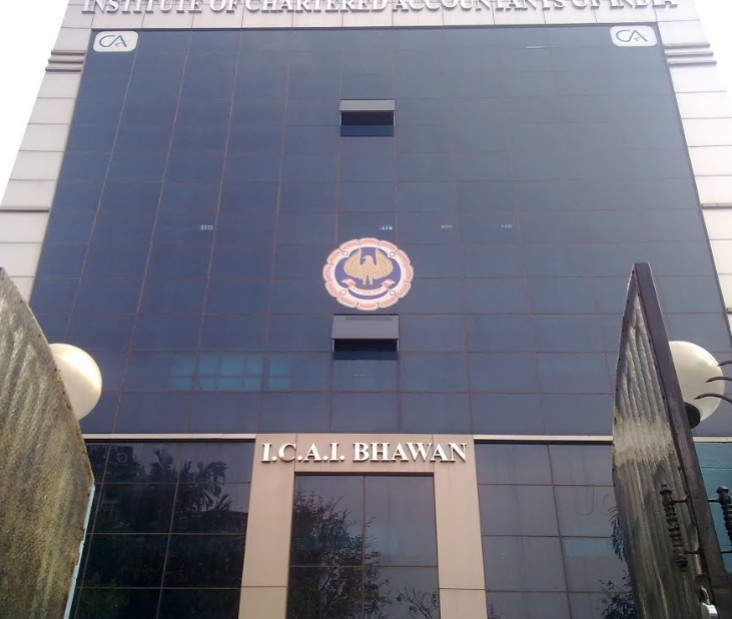CAG points to flaws in Centre’s accounting of GST. Lack of transparency could deepen distrust between Centre and states
In its audit report on the accounts of the Union government, the Comptroller and Auditor General of India (CAG) has pointed out grave lapses in the accounting of revenue from the GST compensation cess.
According to the CAG, the central government, in violation of the GST Compensation Cess Act, 2017, short-credited the GST compensation cess fund to the tune of Rs 47,272 crore during 2017-18 and 2018-19, retaining the amount in the consolidated fund of India. By doing so, the funds collected through the compensation cess route could be used for purposes other than those provided in the Act.
This accounting sleight of hand led to an overestimation of the Centre’s revenue, and as a consequence, an underestimation of its fiscal deficit.
Unfortunately, this is not a one-off. In the past, the CAG has pointed out instances of the central government failing to properly account for revenue from various GST streams. In a previous report, the CAG had pointed out that the Centre had devolved the year-end Integrated GST (IGST) balance to states in 2017-18 according to the finance commission formula, in contravention of the provisions of the Constitution and the IGST Act.
It had also noted that despite the amended IGST Act providing for ad-hoc apportionment of revenue, there was un-apportioned balance in the account, which meant that states were receiving less funds than they were supposed to.
In the current scenario, when many states allege that the Centre is going back on its promise of protecting states’ GST revenues, the lack of transparency over accounting of these revenues will only deepen the distrust between the Centre and the states. The issue of not properly accounting for revenue from cesses is not limited to the GST.
As the CAG notes, during the past decade, Rs 1.24 lakh crore, collected as cess on crude oil, was not transferred to the designated reserve fund. Similarly, another Rs 10,157 crore, collected through the road and infrastructure cess, was not transferred to the related reserve fund. Now, as the CAG notes, collections through cesses are required to be transferred to their designated reserve fund, and the amounts collected through these sources are meant to be utilised only for the specific purposes intended by Parliament.
Not transferring the amounts makes it difficult to ensure that revenue from these streams is being used for the specific purposes for which they were intended.
While the Centre’s practice of levying cesses and surcharges is itself questionable — revenues from these sources do not form part of the divisible tax pool and are thus not shared with states — the lack of transparency in the accounting of these funds is undesirable.
Along with other creative ways of masking the true position of government finances, such as rolling over expenses to the next year, it creates an avoidable ambiguity over the state of government finances.
Source: indianexpress.com
Also Read: CAG: Centre violated the law, used funds for GST compensation elsewhere
***
[rainbow]Don’t miss the next GST Update / Article / Judicial pronouncement[/rainbow]
Subscribe to our newsletter from FREE to stay updated on GST Law
Resolve your GST queries from national level experts on GST free of cost.
TW Editorial Team comprises of team of experienced Chartered Accountants and Advocates devoted to spread the knowledge of GST amongst the various stakeholders.



